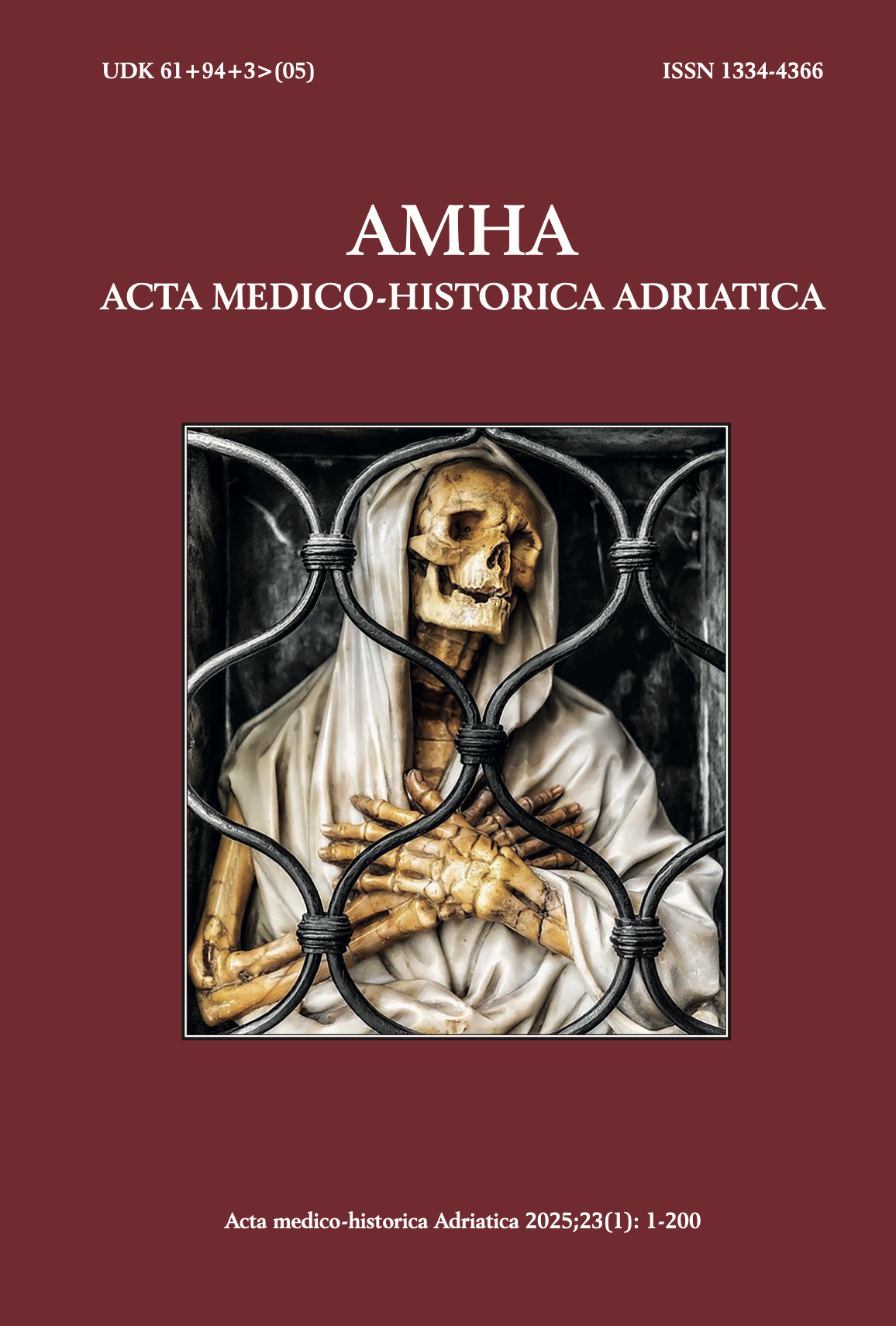FIGHTING AIDS IN PORTUGAL: THE RESPONSES OF PUBLIC HEALTH AUTHORITIES (1983-2000)
Keywords:
AIDS, HIV, drug users, public health, PortugalAbstract
https://doi.org/10.31952/amha.23.1.7
The first official case of HIV infection in Portugal was confirmed in 1983. Faced with the threat of a global epidemic caused by an unknown virus, Portugal responded to the WHO’s call in 1985 by establishing institutions with the aim of supporting state decisions, conducting epidemiological studies, controlling the spread of the virus, diagnosing cases, disseminating information, and educating the population. Portugal has come a long way from initially denying the existence of the disease and refusing to disclose the positive result to patients. The serious case of infecting haemophiliacs with a batch of Factor VIII imported from an Austrian laboratory, resulting in the deaths of dozens of patients, forced the Portuguese public health authorities to create organisations able to face the fight against AIDS. By trying to control the serious drug addiction problem after the Portuguese revolution of April 1974, the conservative society was able to change its attitude and pass groundbreaking legislation worldwide and implement a successful programme to control AIDS infection among injecting drug users.
Issues such as the effectiveness of these measures in controlling the AIDS epidemic and their impact on Portuguese society at the end of the 20th century will be addressed in this paper.


